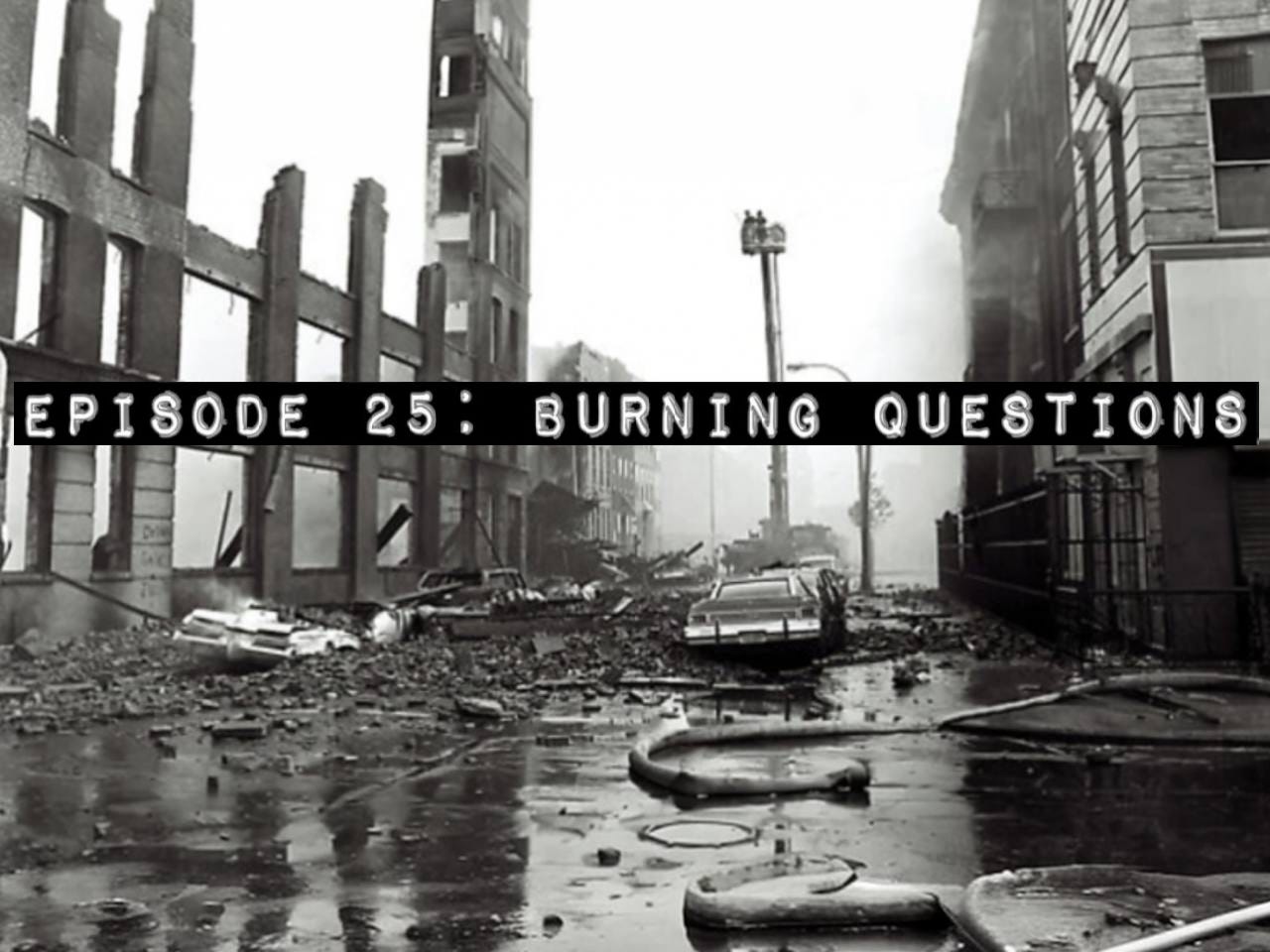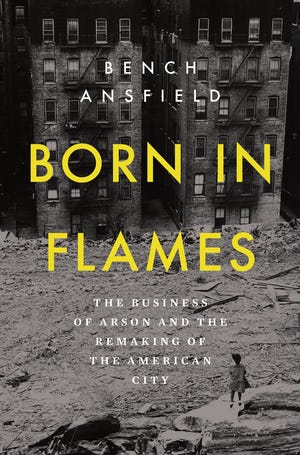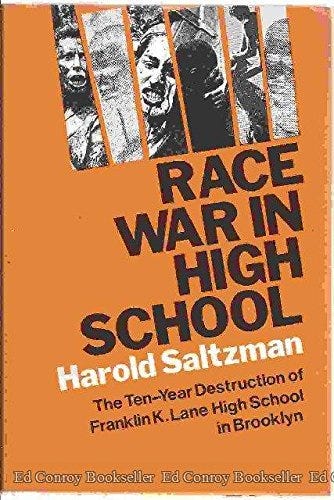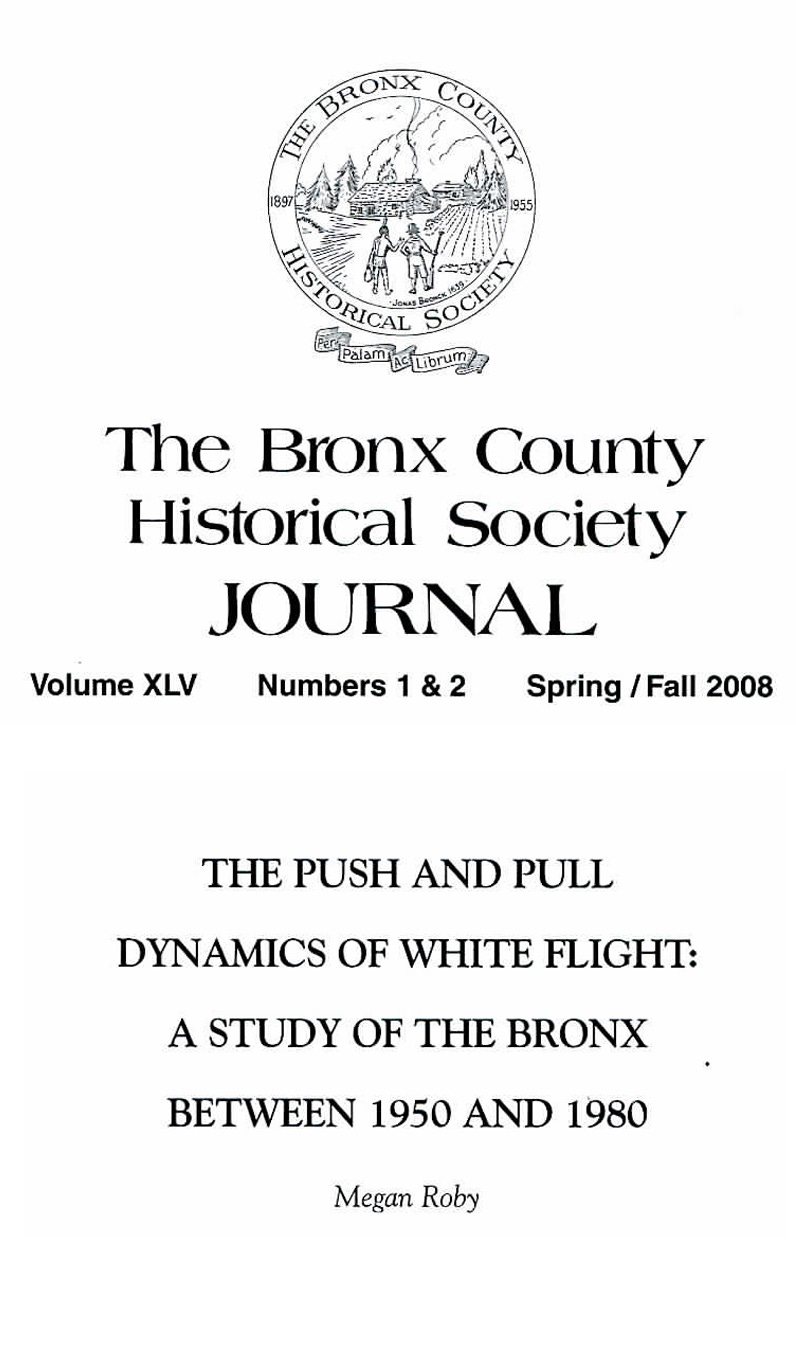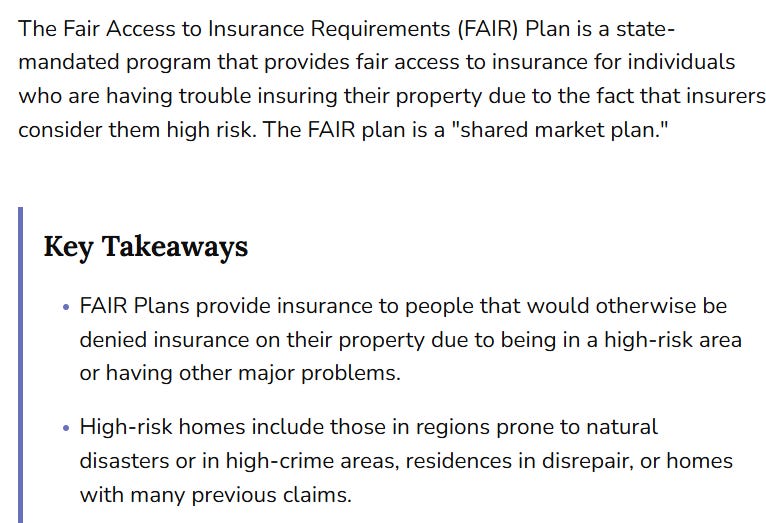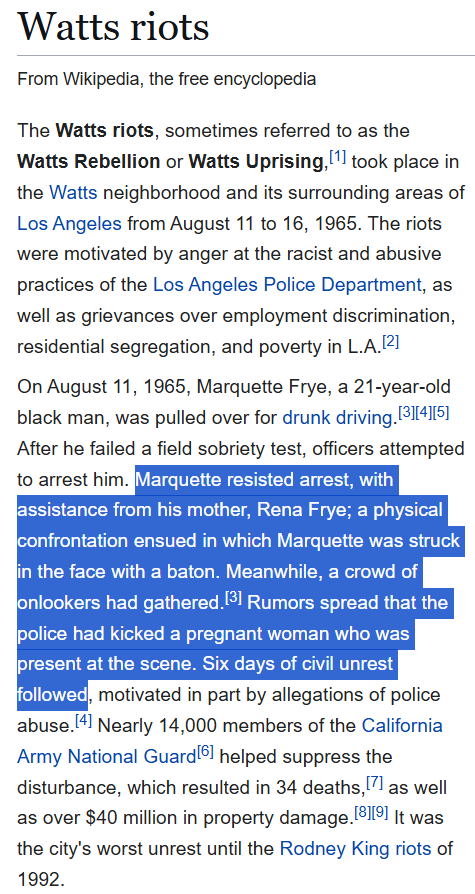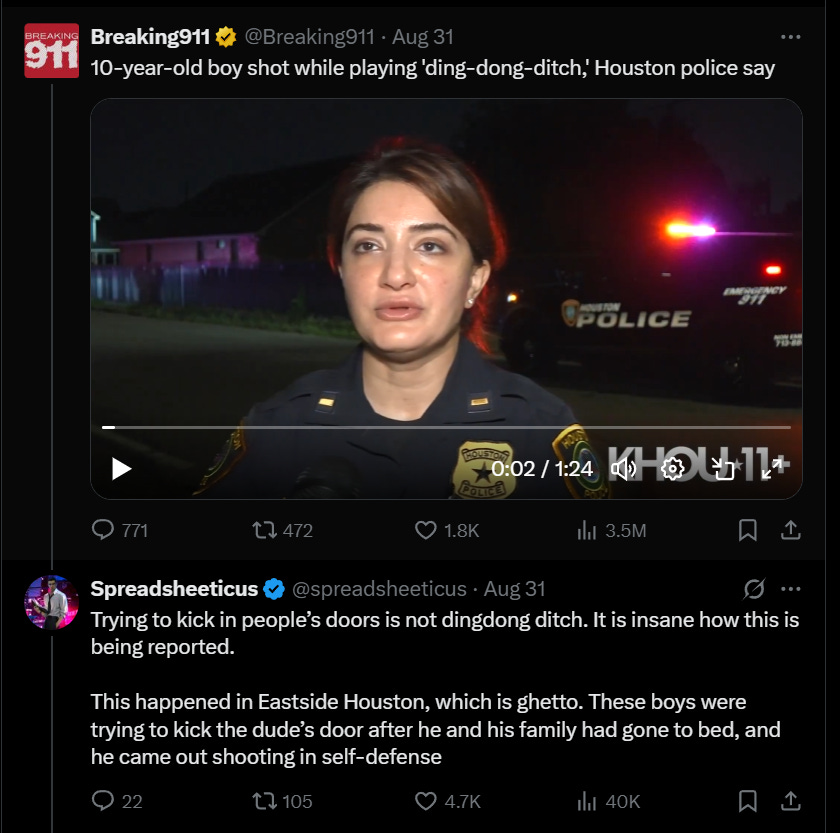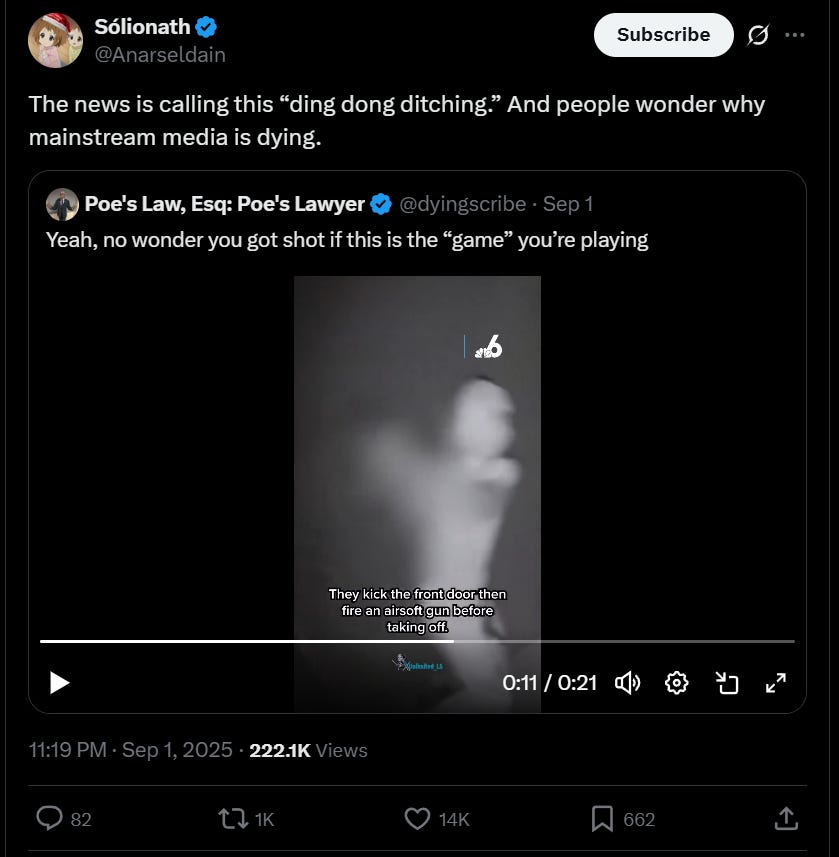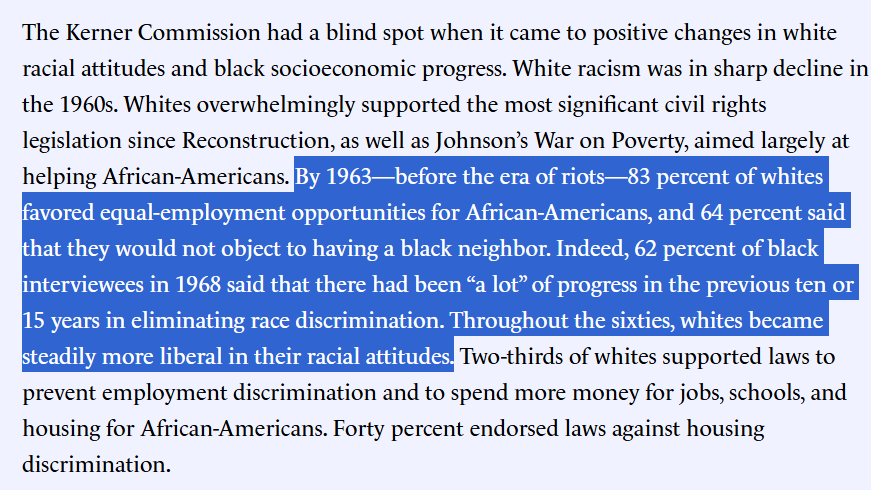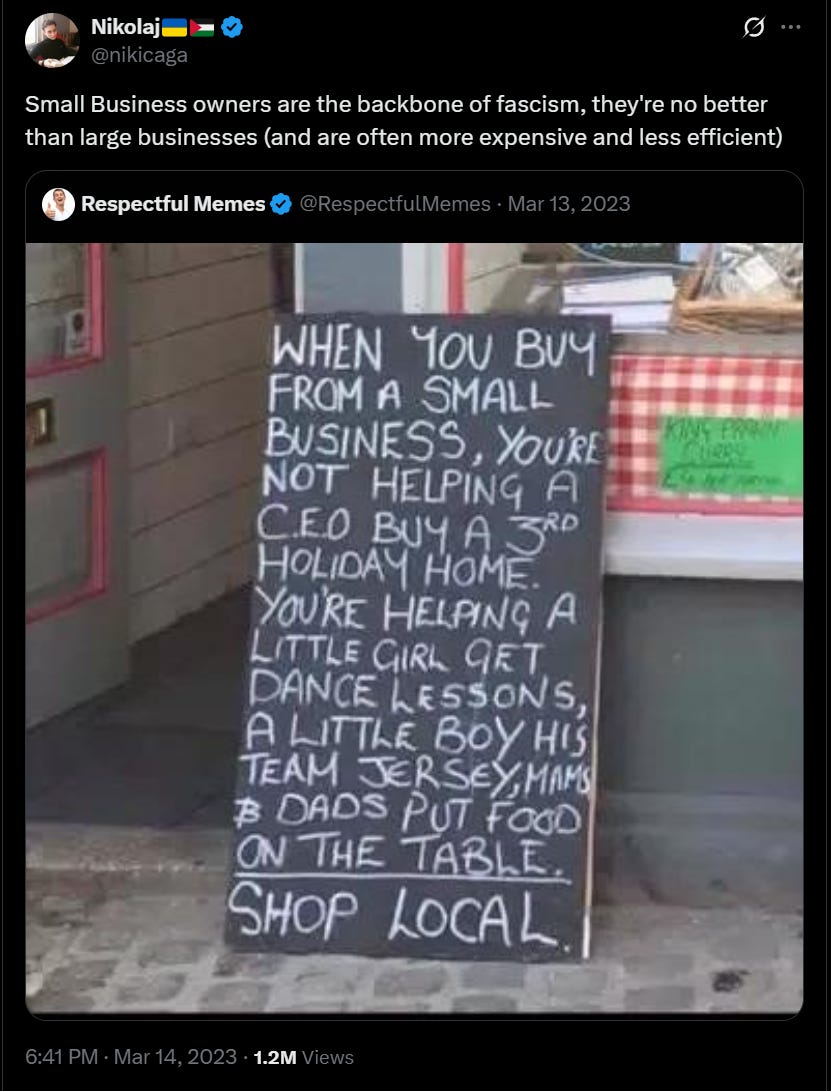The gang discuss the wave of arsons and the ethnic cleansing of American cities from the 1960s to the 1970s through the prism of contemporary reporting and the new book Born in Flames (Bench Ansfield, 2025) and Race War in High School (Harold Saltzman, 1972). Also discussed - a paper in the Bronx County Historical Society Journal “The Push and Pull Dynamics of White Flight: A Study of the Bronx Between 1950 and 1980” by Megan Roby
Discussion:
Introduction
~5 min - Born in Flames
~7 min - the FAIR Act from 1968
~9 min - Watts Riots
~11 min - Recent “Ding Dong Ditch” case and how the news cycle has changed since Elon’s purchase of twitter
~16 min - Just Jogging it Out
~17 min - the libertarian conception of “freedom” vs a world where crime is weaponized
~19 min - Race War in High School intro, actual American attitudes about black Americans in the 60s vs the current propagandistic view
~26 min - the players in Race War in High School
Black Panthers - black militants who were effectively a communist revolutionary group
The Teachers Union - 60% of NYC teachers at the time were Jewish - mostly liberal, mostly pro-integration but also in favor of keeping order in schools
The Board of Education - centrally controlled by Mayor John Lindsay, often sides with the “black militants”
Mayor Lindsay - a “liberal republican” - sides with the “black militants” time and again
The local “white ethnics” - oppose Lindsay, are opposed to their children being attacked in school
~35 min - The story of Frank Siracusa
Siracusa thought about reporting the incident [window breaking] through the usual administrative channels, or of overlooking the matter entirely. Either way, the result would have been the same... the absence of any official response to student violence. Many of his colleagues had, in fact, already thrown in the towel. They had been told to avoid confrontations with students. Don’t enforce the rules where black students are concerned, they were continually advised. Let the blacks “do their own thing!”
[…]
In a variety of ways, sometimes subtle, sometimes more direct, most of Lane’s teachers had gotten that message from its own ad ministration and from the central school board. In this turbulent era, the New York City school board wasn’t even backing up its own principals. At any given time there were more than twenty of them cooling their heels at board headquarters after having been “promoted” to a desk job at 110 Livingston Street as a result of pressure from black militants.
[…]
at Franklin K. Lane High School, and at countless other schools throughout the city, teachers were learning to look the other way. After all, if Mayor John V. Lindsay could tell the police to ignore the looting of stores during the Harlem riots and to do nothing while local residents carted off color TV sets, then it was perfectly clear that teachers couldn’t engage in parapolice activities and expect the city’s support.
Frank Siracusa does confront the students and is ambushed, doused with lighter fluid and set on fire
~43 min - 1967 Teacher’s Strike
In 1967, the ATA (the African-American Teachers Association (ATA; originally the Negro Teachers Association)) opposed the UFT directly over the “disruptive child clause”, a contract provision that allowed teachers to have children removed from classrooms and placed in special schools. The ATA argued that this provision exemplified and accelerated the system’s overall racism. In the fall of 1967, the UFT held a two-week strike, seeking approval for the disruptive child clause; most of the ATA’s members withdrew from the union. In February 1968, some ATA teachers helped to produce a tribute to Malcolm X that presented African music and dance, and glorified Black power; the UFT successfully asked that these teachers be disciplined.
~53 min - Quotes from a teacher’s meeting at Franklin K Lane High School, could be quotes from yesterday:
Mr. T: Perhaps I’m bigoted . . . Cites incident with black student in the cafeteria. Student resists. White teacher, white dean. Common problem: student feels he’s being picked on be cause he’s black. What can we do to stop this Now!
Miss K: One possible solution is having a black dean.
Mr. L: “Police” to black people is a dirty name. When the police are white . . . we should import a black dean, if possible. Unidentified Man: Color is not important. We’ve had a black dean. If we didn’t have attacks, we wouldn’t need police.
Mr. L: Administration and teachers are at fault to have let the situation disintegrate so that the police were necessary. (Previous speaker voices disagreement.) UFT leadership was also at fault. The building was completely unattended. In the auditorium before the strike, there were 600 kids, 2 teachers. (Much cross-conversation.)
[…]
Mr. V: Times have changed drastically in the last ten years. The Negro is searching for his identity; white people don’t like it. Vietnam protests and college demonstrations have filtered down to high school students. Whites think they can do some thing to the Negroes to solve the problem. This is a corollary to our antiquated idea of education—what teachers do to students. Most important; students have an identity; teachers tend to talk down to students. We should have a real dialogue with students, expecially the troublemakers.
Mr. U: There has been a rapid social change. A generation gap exists between most students and teachers. . . . This is a white society; it is a white problem. Times have changed from the integrationist period of the early 60’s. Now there is a lack of good faith: students lack good faith in teachers. Black teach ers frequently command more listening power with black stu dents than do white teachers. And our students are not unique. Students accept less now; they question things more and more, demand more. It’s queer that there are no students here. It takes more and greater visible signs from us for blacks to accept us as concerned human beings. We should openly demonstrate more faith in students; for example by giving them more power in making school policy.
~1 hr - discussion of early internet stories, redpills from teachers on what black schools are actually like
~1 hr 10 min - the transition to the internal policeman after the left cultural victory
BREAK
~1 hr 17 min - The Bronx Historical Society report, broken windows, messaging and incentives
~1 hr 23 min - Why you should read old books
~1 hr 32 min - the unfalsifiability of leftism
~1 hr 38 min - the winners and losers of the arson wave, leftist hatred for small business vs large corporations
~1 hr 42 min - the Curley effect, the transition to the NGO economy
~1 hr 50 min - Conclusion






